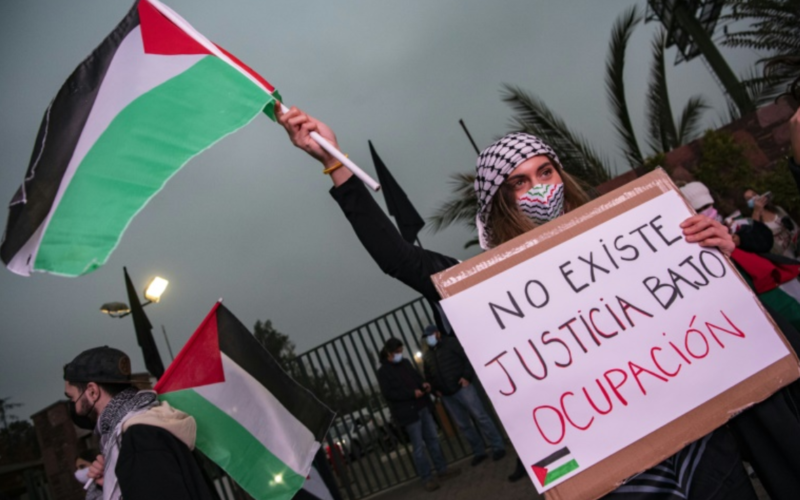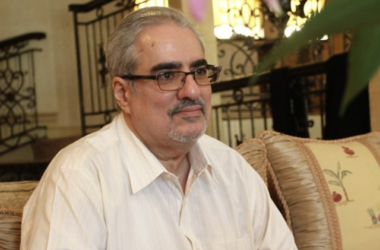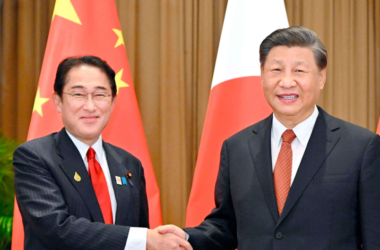Chile’s substantial Palestinian community, the largest of its kind outside the Middle East, is emerging as a prominent and vocal advocate against Israel’s military actions in Gaza. The community, deeply rooted in Chilean society, is active in local politics, culture, and even soccer, and it has been unrelenting in its calls for peace and justice in the Middle East.
Chilean President Gabriel Boric, a moderate figure within Latin America’s political landscape, took the extraordinary step of recalling the country’s ambassador from Tel Aviv in protest against Israel’s actions in Gaza. He stated that Israel’s military campaign appeared to be a form of collective punishment against Gaza’s civilian population and that it violated international humanitarian law. President Boric also raised this issue during a meeting with U.S. President Joe Biden in Washington.
The Palestinian community in Chile traces its roots back to the late 19th century, when Christian Palestinians fled the collapsing Ottoman Empire. Today, Chile is home to over half a million Palestinians, many of whom are third, fourth, or even fifth-generation immigrants, constituting a significant minority in a country of less than 20 million people.
This vibrant community has been at the forefront of demonstrations, charity events, and advocacy for a ceasefire in Gaza. It has also called for boycotts as a means to pressure Israel to halt its actions against Palestinians. Members of the community have engaged with Chile’s Ministry of Foreign Affairs to lobby for their government’s involvement in advocating for a ceasefire in Israel.
Claudia Yarur, a member of the Palestinian community, has expressed support for a boycott of Israel and has urged the Chilean government to sever diplomatic ties with the country. She emphasized the responsibility of governments worldwide to press Israel to cease its actions against the Palestinian people.
The community’s influence extends across various spheres, with organizations such as the Palestinian Social Club, Chilean-Palestinian groups in Congress, and Palestino FC, a century-old first division soccer team. They have successfully integrated into various aspects of Chilean society, including politics, industry, commerce, education, and the military.
Chile’s multicultural fabric is evident in religious practices as well. In a recent church service, which included members of the Muslim community and the Palestinian ambassador, keffiyehs, hijabs, and Palestinian flags adorned the pews.
The conflict in Gaza, which began in October, has generated strong support and activism within the Palestinian community in Chile. Protests, charity events, and fundraising campaigns have been organized to raise awareness and provide humanitarian assistance to Gaza.
This vocal stance against Israel’s actions in Gaza reflects the long-standing conflict in the Middle East, rooted in the establishment of the state of Israel in 1948, which was met with resistance by Arab states and led to the displacement of hundreds of thousands of Palestinians, an event they refer to as the Nakba, or catastrophe.
Throughout Latin America, countries have intensified their condemnations of Israel’s actions in Gaza, with nations such as Mexico, Brazil, Peru, Argentina, and Colombia denouncing the attacks. Bolivia took the dramatic step of severing diplomatic ties with Israel.
Chile, in particular, is among the 138 countries that officially recognize the state of Palestine. This recognition underscores the significance of the Palestinian community’s voice within the nation and the broader international discourse surrounding the ongoing conflict in Gaza.








